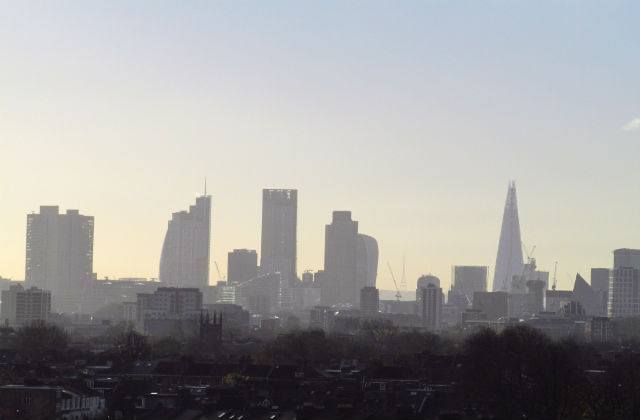Lamb exports to Saudi Arabia

Both the I and the Guardian have published articles about the reopening of a market for British lamb to Saudi Arabia, which the newspapers suggest was a move to increase sales of non-stun meat and indicates animal welfare standards will be lowered post-Brexit.
As we explained to both papers this is incorrect. The government has been very clear that it will not water down its high animal welfare standards as part of any trade deal. All animals slaughtered within the UK, whether stun or non-stun must follow strict rules on animal welfare.
As we told @theipaper it is not true to suggest the agreement to lift the 20-year ban on lamb exports to Saudi Arabia was a move to increase sales of non-stun meat https://t.co/ePMiftJXDa
— Defra UK (@DefraGovUK) August 20, 2018
As there are currently no restrictions on exporting non-stun meat, it is wrong to suggest this agreement can in any way make it ‘easier’ to sell non-stun meat abroad.The lift on the ban on lamb exports to Saudi Arabia follows work by Defra and the Agriculture and Horticulture Development Board to re-open the market which was closed following a ban on UK beef and lamb due to BSE.
A Defra spokesperson said:
It is not true to suggest the agreement to lift the 20-year ban on lamb exports to Saudi Arabia was a move to increase sales of non-stun meat. All slaughter, whether stun or non-stun, must comply with strict rules on animal welfare and we have been clear these standards will not be watered down as we leave the EU.
As there are currently no restrictions on exporting non-stun meat, it is wrong to suggest this agreement can in any way make it ‘easier’ to sell non-stun meat abroad.
Air quality in London

The quality of London’s air is the focus of a detailed article on the FT online.
It draws comparisons to cities like New Delhi and Beijing, but claims London has a bigger issue with NO2 emissions, which has a long-lasting impact on people’s health.
There’s also criticism that there has not been the political will to address the issue.
This is not the case. Since 2010 air quality has improved significantly - nitrogen oxides emissions have fallen by 27% while sulphur dioxide (SO2) emissions are down 60%. But the government recognises there is more to do which is why we have put in place a £3.5 billion plan to reduce harmful emissions from road transport and launched our Clean Air Strategy has been welcomed by the World Health Organization. We are also going further than almost every European nation by ending the sale of conventional petrol and diesel vehicles by 2040.
London has received substantial funding from the government in recent years including;
- Funding to implement measures to improve air quality as part of the 2015 £5bn transport funding settlement
- £92m for specific projects
- £45m in plug-in car grants have been paid out in respect of vehicles registered in London, bringing the total invested in London to £137m
- £23m to support the purchase of 338 low carbon buses and supporting infrastructure